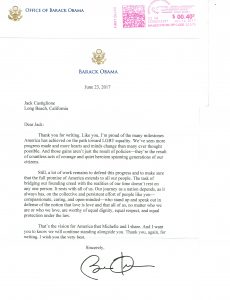

They no longer have a sense of planning their own life, or making things happen. While in Sufism, the ‘awakened’ state is referred as Baqa, and one of its characteristics is that the person has no will of their own, but lives in and through God, in a state of ecstasy.


Similarly, in the Bhagavad-Gita, a great deal of emphasis is placed on ‘unattached action’ - acting without being concerned about results, simply doing what is right and appropriate. In the Christian mystical tradition, phrases such as ‘self-annihilation’ and ‘self-naughting’ are used in a similar way - the mystic empties himself (or herself) in order to allow God to emerge and express himself with them. They live in a state of ‘actionless activity’ (wu- wei). In this state, he or she follows the wu-wei chih-Tao, ‘the non-striving Way of Transcendence,’ in which the Tao flows through them. In the Taoist tradition, the term ming describes a state in which the individual no longer experiences duality and separation, and realises their true nature as Tao. Many of the world’s spiritual traditions speak of an ‘awakened’ state in which the individual gives up their own free will, so that a spiritual principle or force can flow through them.


 0 kommentar(er)
0 kommentar(er)
